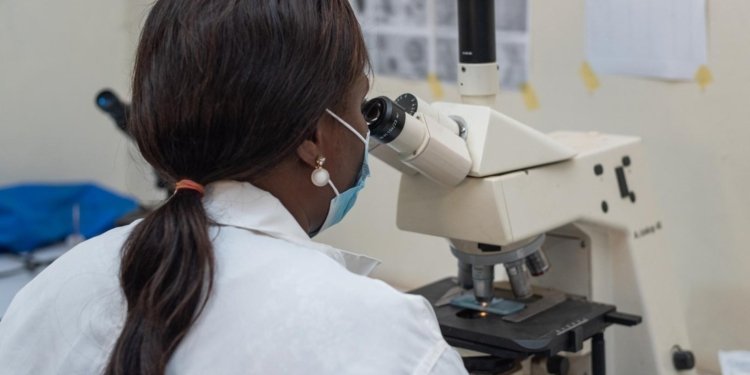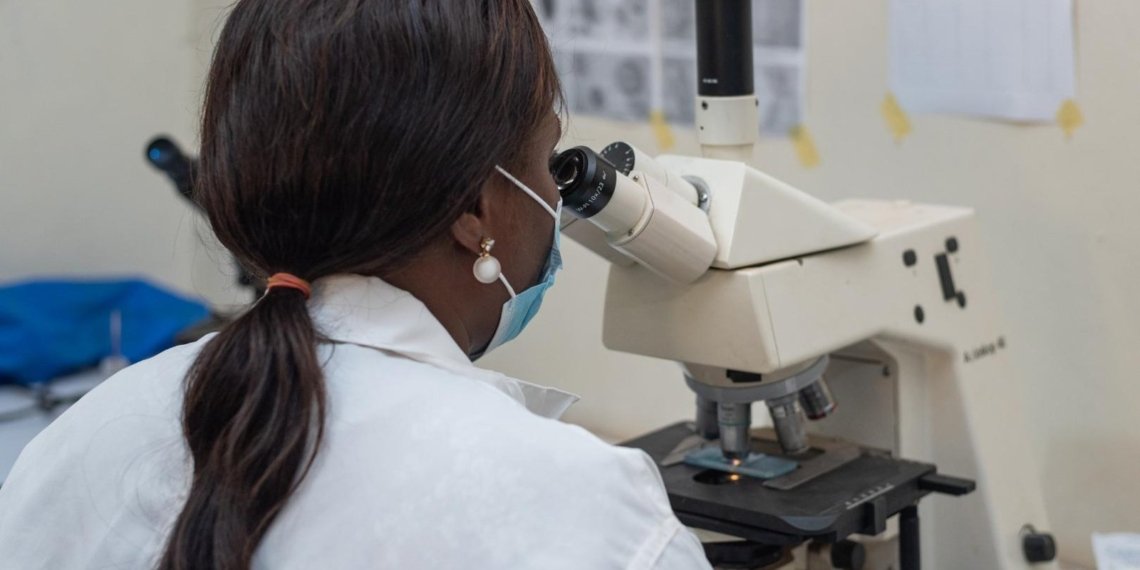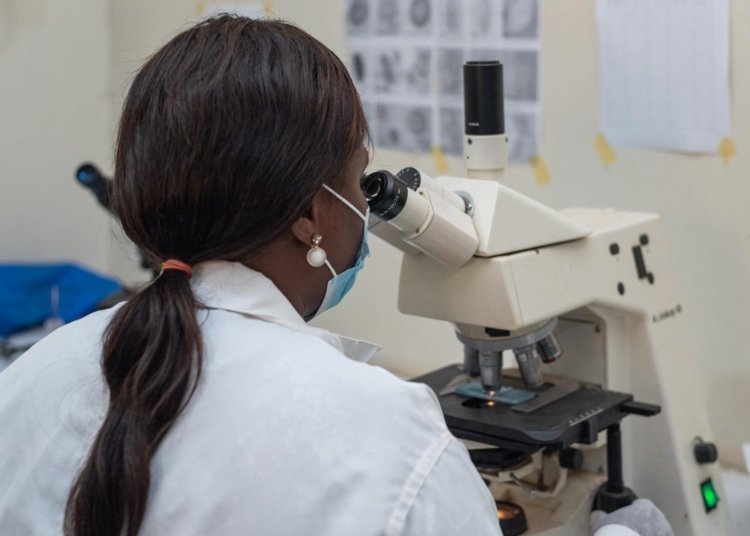Eswatini has introduced new National Event-Based Surveillance (EBS) Guidelines to improve the early detection and response to public health threats.
The EBS system enables health workers and communities to report unusual health events using nontraditional sources such as media, schools and social networks. It complements existing indicator-based surveillance systems by providing faster alerts for public health action.
Health Minister Mduduzi Matsebula said the guidelines empower citizens to act quickly during outbreaks such as cholera, measles and COVID-19.
The effort was highlighted in a September news release by the Africa Centres for Disease Control and Prevention (Africa CDC), which supported the initiative along with the World Health Organization (WHO).
“The launch of the Event-Based Surveillance Guidelines is a critical step in ensuring that no outbreak catches us unprepared,” Matsebula said. “These guidelines will enable health workers and communities to detect and report events early, helping us respond faster, save lives, and protect livelihoods.”
Tailored to Eswatini’s national context, the approach draws from local outbreak experience and aligns with Africa CDC’s New Public Health Order, which calls for stronger surveillance and resilient public health institutions.
Regional health leaders praised Eswatini’s efforts as a model for cooperation. Similar initiatives are under way in neighboring countries to improve data sharing and strengthen cross-border health security.
Dr. Susan Tembo, WHO country representative to Eswatini, said the launch supports community-centered surveillance and long-term health preparedness.
The Ministry of Health plans to integrate the system into national disease surveillance and expand training and digital tools to improve reporting and verification.































